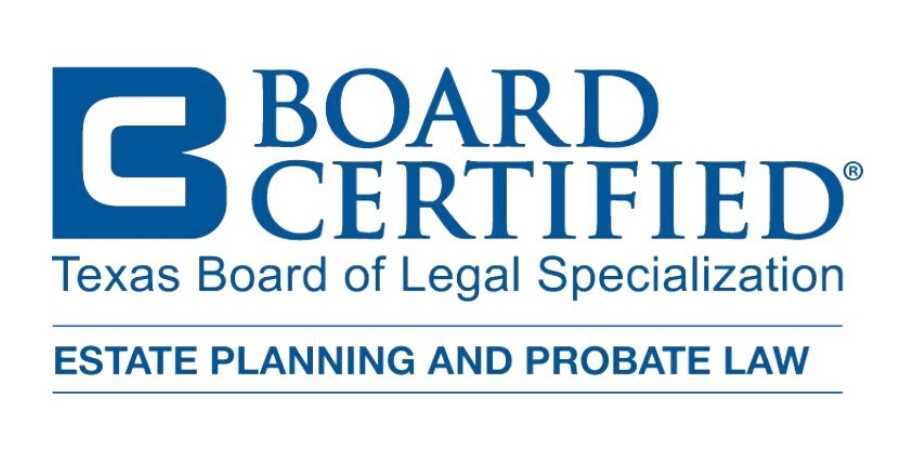August is Make a Will Month
Consider these things to get you started

August is National “Make a Will” Month, and for many us who are constantly on the go, this yearly reminder is just the motivation we need to update your will if needed and create a will if you don’t have one already. A will is an important estate-planning document that can help you transfer your assets with ease. Having a proper will can make the difference between a smooth transfer of assets and a probate nightmare. And once a will is completed, many find the process isn’t as long or tedious as they anticipated.
Do you still need to make your will? Whether you’ve been too busy or simply don’t know how, here are three great reasons that will motivate you to write your will this August.
1. It’s an important legal document that everyone should have.
All adults should have a will — it’s a powerful document that lets you distribute your property and protect your loved ones after you pass away. One-third of all American adults have a will, and that number is growing every day.
2. It provides peace of mind to you and your family.
Wills aren’t just for the rich and famous. They make life (and death) easier for everyone, regardless of socioeconomic status.
Consider your belongings. You may not think you own a lot, but you likely have more property than you realize: your home, vehicles, furniture, clothing, books, sentimental items, and more. If you don’t have a will, your loved ones will be tasked with finding a home for this property when you pass on. Creating a will prevents family conflict, eliminates confusion, and ensures your assets go to the people you most want to have them. It also gives your family guidance and reassurance that they can fulfill your wishes during what is likely a very difficult time for them.
With a will, you can also plan ahead for those who are in your care — for example, you can name a legal guardian for your minor children and choose who should care for your pets.
The logistical benefits of having a will are important. But above all else, having a will creates peace of mind for you and the people you love.
3. It lets you create a legacy that lasts beyond your lifetime.
None of us live forever. But there are ways to continue making a positive impact on this world long after you leave it. One of these ways is by donating to a charity in your will.
There are many different ways you can use your will to benefit a charity — you can give cash, stock, real estate property, and more. Leaving a gift for a nonprofit in your will costs you nothing during your lifetime, but will ensure that you can make a positive impact on causes close to your heart for years to come.
Already made your will?
That’s a fantastic first step. Now that you have a will, it’s important to keep it updated. Estate attorneys recommend reviewing your will every three to five years, or whenever you have a big life event (like getting married, moving states, or having a grandchild).
This month, consider taking 15 minutes to look over your will and make sure it’s up to date with your current preferences. Your life and relationships change over time — it’s important that your will reflects those changes, too.
You may also consider taking a few extra minutes to make sure you’ve named beneficiaries of your non-probate assets, like your life insurance policies or retirement accounts. You can name a charity as a beneficiary of these assets as another great way to leave a lasting impact.
How to Create a Will
Creating a will can be a straightforward process, and should involve a board-certified estate planning attorney and financial advisors, if need be.
Generally, the first step in creating a will is to determine what you want to include. You should include instructions for passing along your assets after your death, including ownership and other instructions. You should certainly consider working with an attorney who is board-certified in your state to ensure that your will contains everything it needs.
Next, you will likely sign your will in front of two witnesses, and these two witnesses will also sign your will. Some states require a self-proving affidavit that you sign in front of a notary, other states require your will to be notarized, and some states don’t require any special self-proving documentation as long as you sign and witness your will correctly.
Whether you have $10 worth of assets or $10 million, creating a will is a good idea to give your family more guidance after you pass. Wills help make the transfer of assets easier and give you and your family more peace of mind. Consider creating or updating your will this August for National “Make a Will” Month!
Let us help you make August the month to make your will or update it.
We are available in person, by appointment or by Zoom. In South Texas, call us at 956-791-5422.
























